In the quiet of their homes, women are shouldering a staggering increase in unpaid labor and caretaking springing from the Covid-19 crisis, while facing a spike in domestic violence. They also are more likely to have lost their jobs in pandemic lockdowns and many of the remaining jobs have put them at elevated risk of contracting the virus. It is bracingly clear: the economic and social toll of Covid-19 will be paid disproportionately by women and girls, even as studies show equality is good for economies and societies as a whole.
The Georgetown Institute for Women, Peace and Security, with support from The Rockefeller Foundation and in collaboration with former U.S. Secretary of State Hillary Rodham Clinton, released a report on Sept. 10 which provides a roadmap for a changing world. Marking the 25th anniversary of the United Nations Fourth World Conference on Women, which took place in Beijing, China in 1995, the new report offers a strategy for accelerating gender equity progress, building upon the original Beijing Declaration and Platform for Action.
In this second edition of our online magazine Matter of Impact, we focus on the ongoing work to achieve gender equity. The Rockefeller Foundation’s Sundaa Bridgett-Jones examines the extra burden carried by women of color and names an opportunity of the moment: to finally build true solidarity in the women’s movement. The Foundation’s Deepali Khanna explains why prioritizing women entrepreneurs will help communities recover faster. A Nigerian woman lighting the way in the male-dominated sector of renewable energy shares how her sister’s memory influences her, and in India, brave women who have been repairing water handpumps in rural villages throughout the pandemic gather on Zoom to sing together in Hindi: “We shall overcome.”
Much has been said about the opening created by this challenging spring and summer. Together, we have a chance to recreate not the same world, but a more just one. The voices gathered for this edition offer a glimpse of that way forward.
Featured Stories
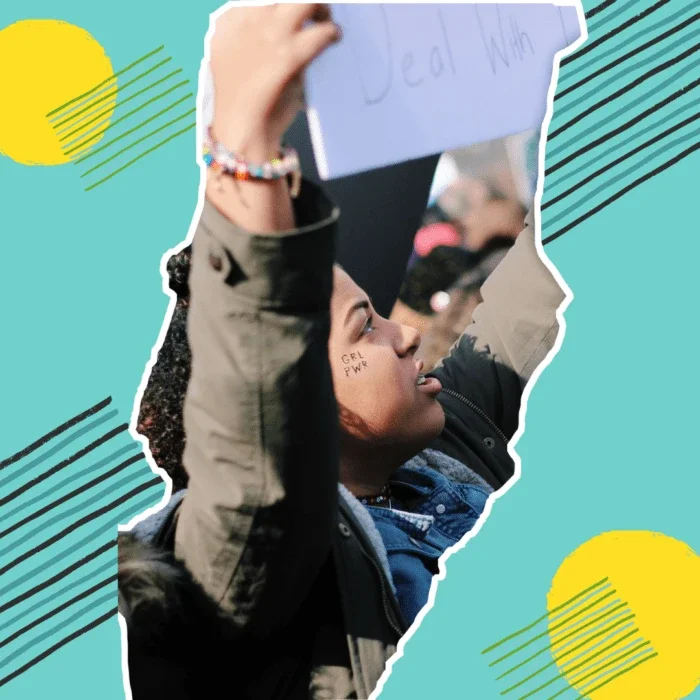
Immense opportunity and exceptional challenge. In a nutshell, this is what the women’s movement is …
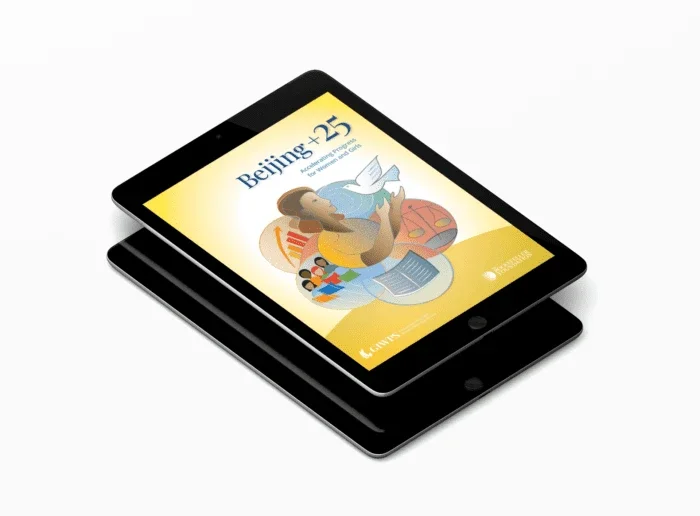
A collaboration of The Rockefeller Foundation and The Georgetown Institute for Women, Peace and Security
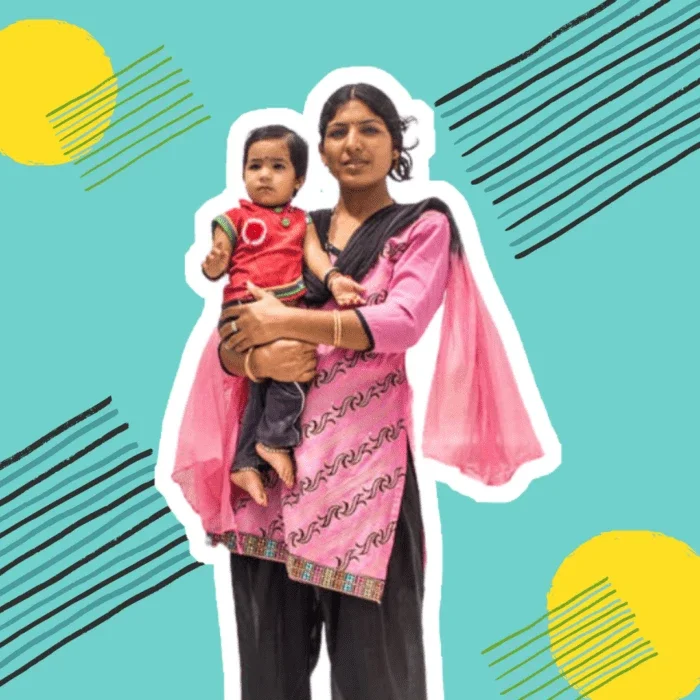
I was born my parents’ only child and a girl—not the preferred gender in those …
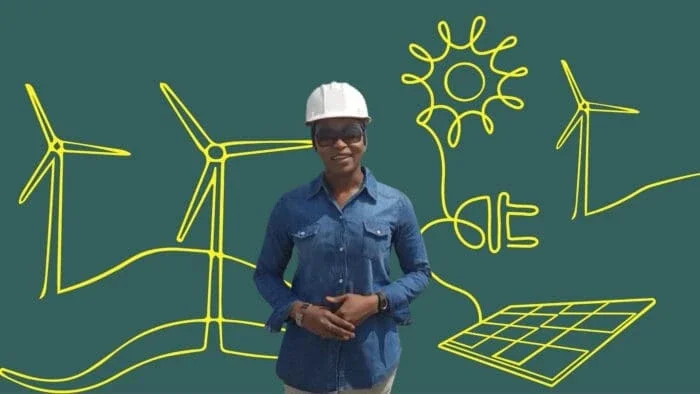
A sister’s death motivated Habiba Ali to pursue renewable energy with a women-centric focus.
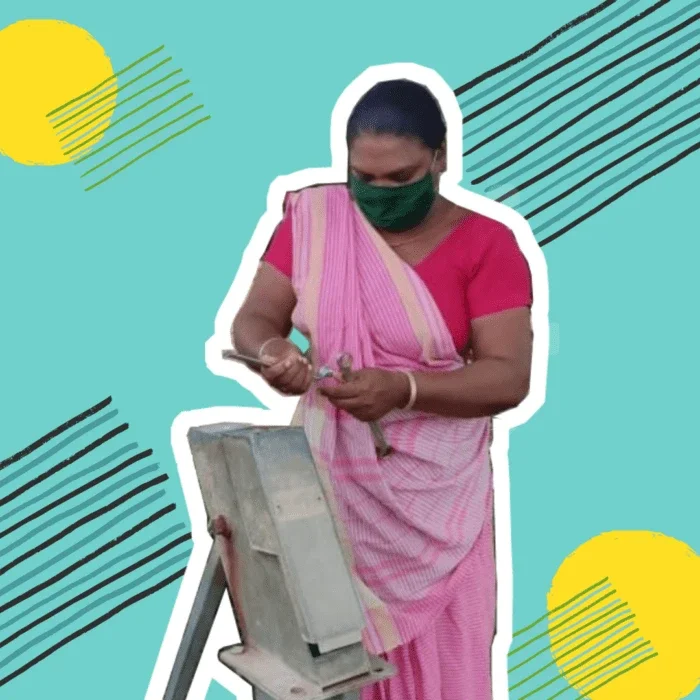
In Hindi, their voices joined in an anthem of the labor and civil rights movements. “We shall overcome,” they sang. “We shall overcome one day.”
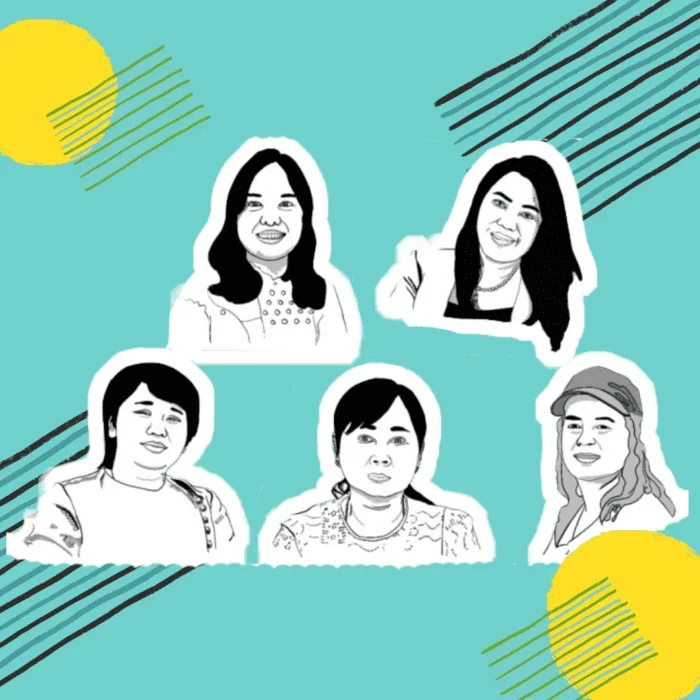
If there was ever a mountain to climb, Myanmar’s energy transition represents the Hkakabo Razi of all …
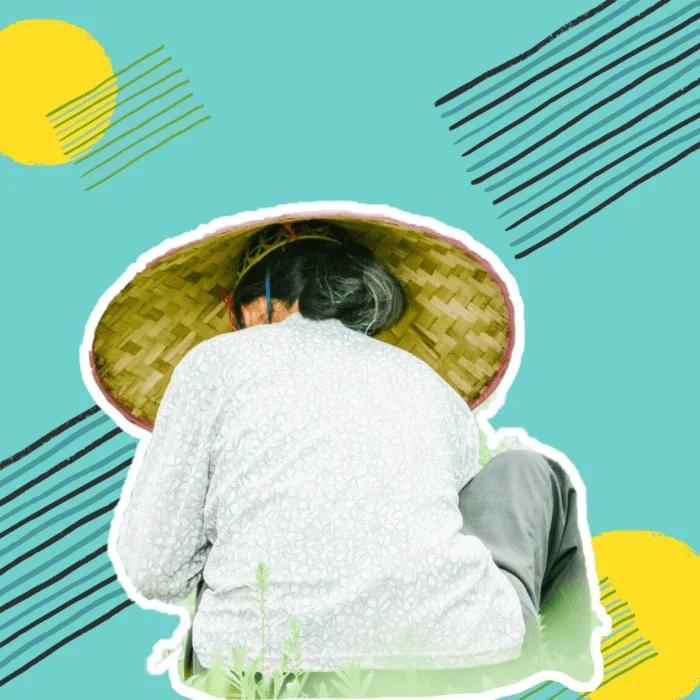
When Durreen Shahnaz first floated the idea of creating a new financing vehicle explicitly to …
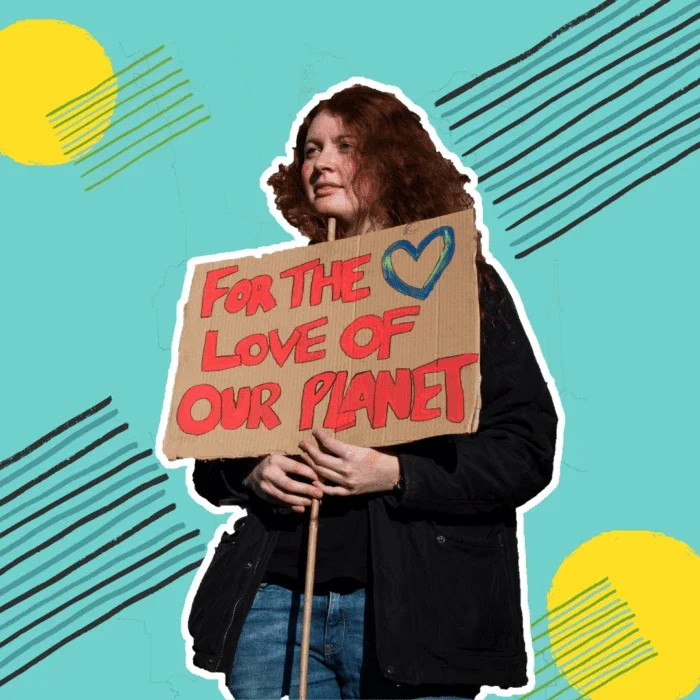
Covid-19 is a health, economic and social crisis, but it also holds out an opportunity …
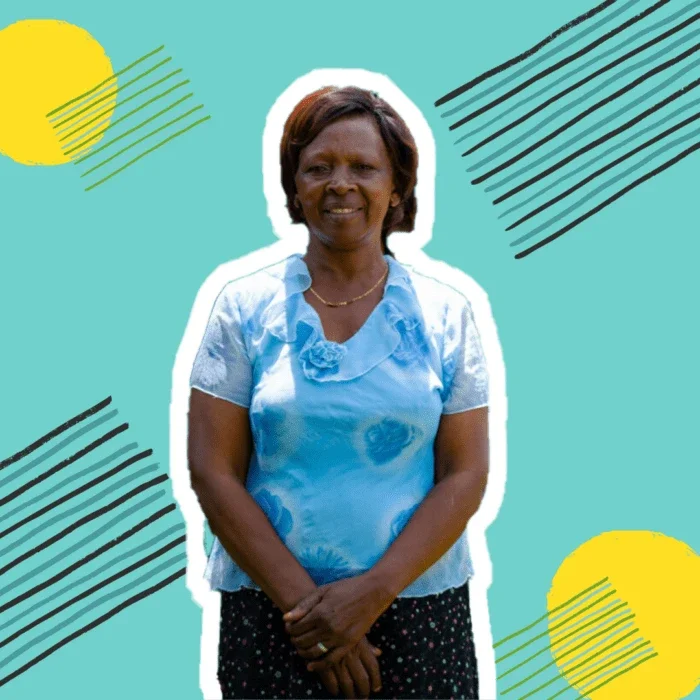
It is the week before Christmas, and Elizabeth Muia is getting ready to receive visitors …
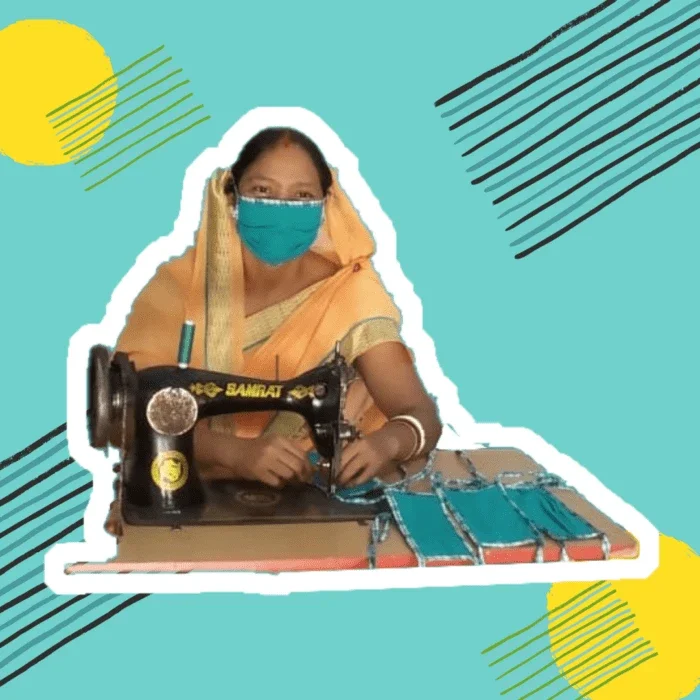
Nine months ago, solar-powered mini-grids arrived to Ruby Kumari’s village of 400 households in India’s …
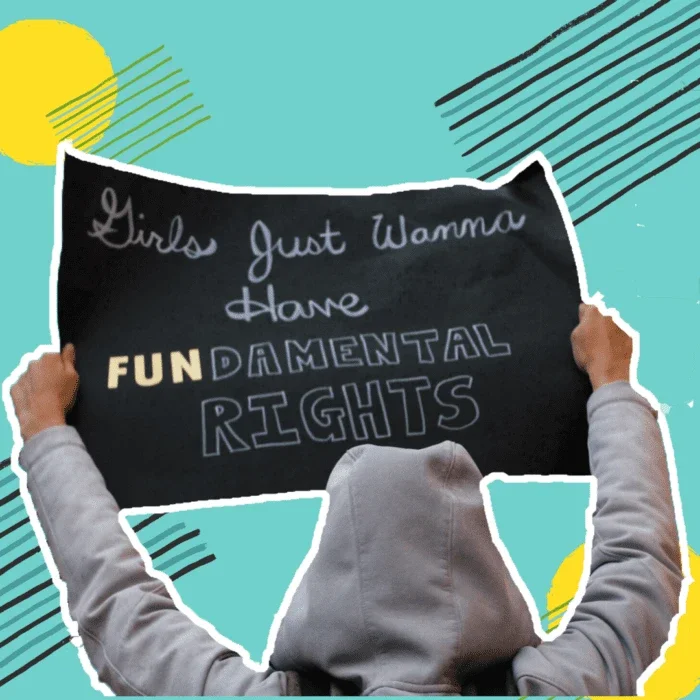
Mexico became the latest country to launch a distinctly “feminist” foreign policy, an approach to …
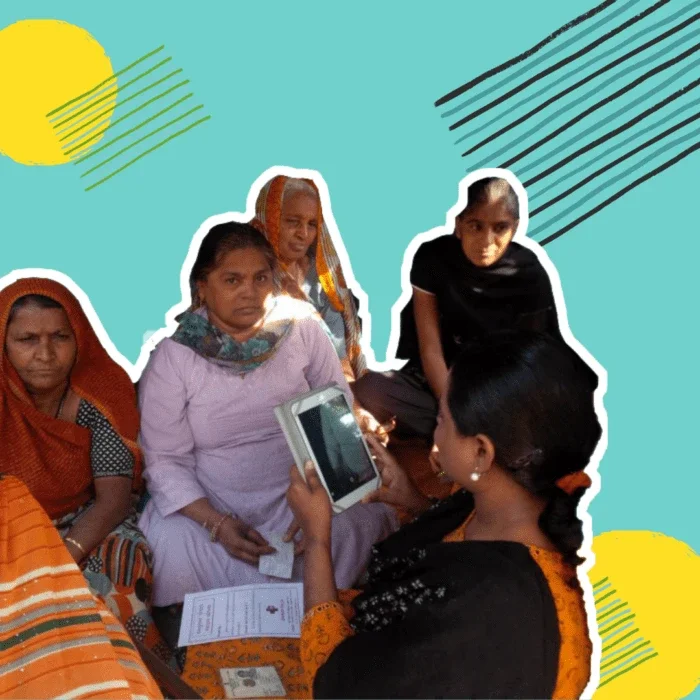
Shanti Chaganbhai Parmar knows the dangers of COVID-19. But she’s more frightened of what she …
#RFBreakthrough
Tune into #RFBreakthrough, a don’t-miss live stream series highlighting urgent and innovative discussions with thought leaders and industry experts.
- WEDNESDAY 9.16.2020
The Great Equalizer or Divider: Technology for Gender Justice and Women’s Empowerment
As the third episode in the #RFBreakthrough series, “The Great Equalizer or Divider: Technology for Gender Justice and Women’s Empowerment”, The Rockefeller Foundation will co-host a livestream discussion with Vital Voices on how we can use technology as a means to an end to achieve gender equity during the pandemic and beyond.
- Report
Beijing+25: Accelerating Progress for Women and Girls
A collaboration of The Rockefeller Foundation and The Georgetown Institute for Women, Peace and SecurityDownload PDF